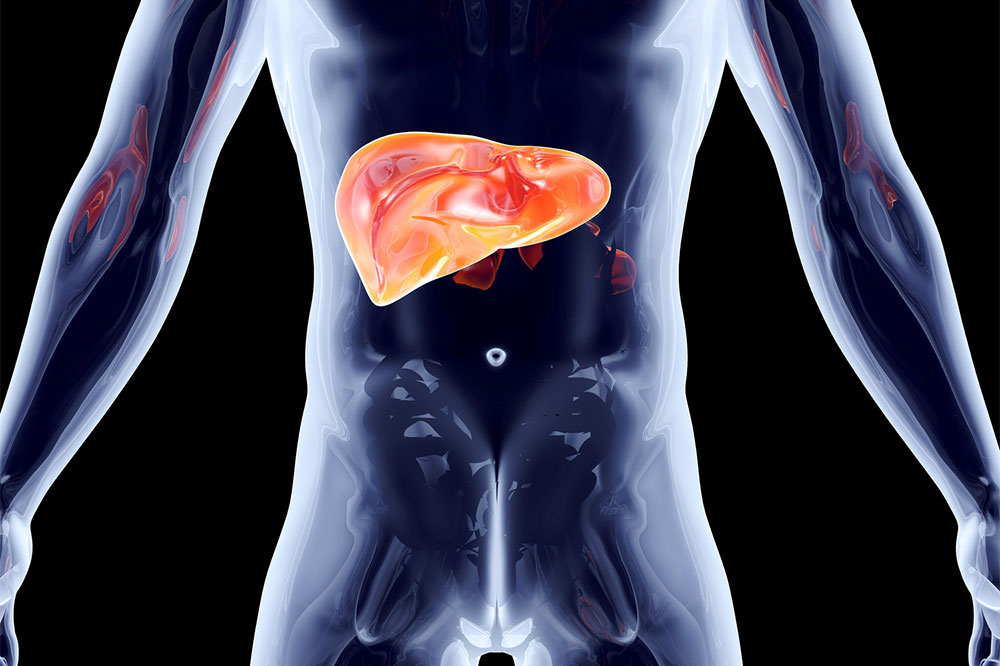8 lesser-known facts about the liver

Considered the second-largest organ in the body, the liver plays an extremely important role in a variety of functions. It is key to the body’s metabolism; and helps burn fat and maintain body weight. It is located above the stomach and beneath the diaphragm, its size similar to that of a football. While such information is common knowledge, there are a few not-so-known facts about this organ. Read on to find out more:
- It is the only organ that can regenerate
Unlike any other organ, the liver has the miraculous ability to regenerate and regrow, needing just 25 percent of the original tissue to do so. According to a study, evolutionary safeguards are responsible for this effect, which is a central concept behind liver transplants.
- It is the body’s detox center
The liver filters everything we eat and drink, ridding the body of the materials that are not meant for it. It first burns toxins using enzymes and oxygen. This is followed by the second step, which combines toxins with amino acids that are later flushed out through urine or bile.
- It is multifunctional
Identified as one of the most complex organs in the body, the liver performs hundreds of vital functions. Some of the well-known ones include:
- Producing proteins that are crucial for plasma
- Processing haemoglobin to obtain iron
- Clearing the blood of drugs and other poisonous substances
- Converting toxic ammonia into urea, which is eventually released as urine
- It was a subject of fancy to early civilizations
Ancient Greeks considered the liver the seat of pleasure—this can be better understood from the organ’s Greek name, “hepar”, which originally stands for pleasure and human feelings. Mesopotamians, too, echoed similar emotions.
- It is integral to blood formation
Hematopoiesis is the process through which blood cells and platelets are formed. Before birth, this process occurs primarily in the liver and spleen, highlighting how the liver plays an important role in blood formation.
- The first-ever liver transplant was unsuccessful
After Francis Moore described the liver transplantation technique in dogs in 1958, Thomas Starzl attempted the first-ever human liver transplant in 1963 at the University of Colorado. The procedure, however, failed, with no patient surviving beyond 23 days.
- A healthy liver equals a healthy brain
The liver is an essential filter in the body, readily getting rid of intoxicating substances from the bloodstream. However, should it malfunction, the brain can be seriously damaged. The condition called hepatic encephalopathy can even lead to coma.
- Human beings are not the only ones with a liver
The liver is found in all vertebrates. The Basking Shark, for instance, has one of the biggest livers, which makes for a whopping 25 percent of its total body weight.

